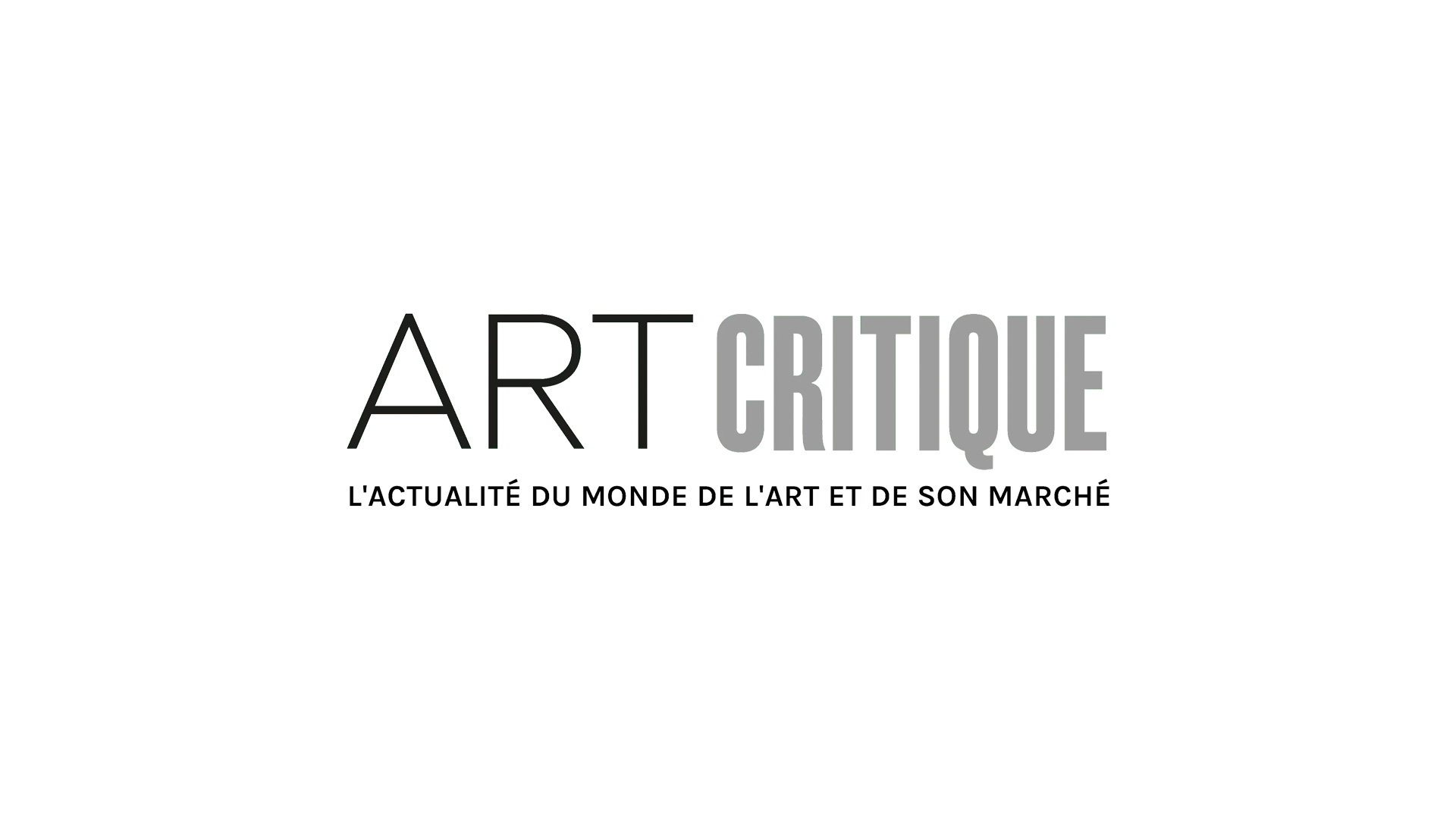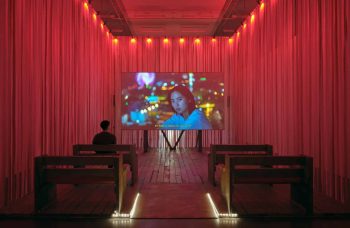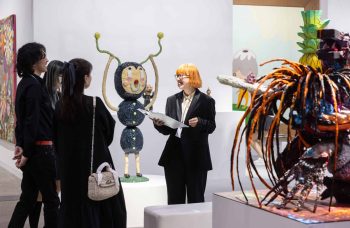‘Welcome to The Crisis at The Whitney: A Guide’
Guests entering New York’s Whitney museum recently may have been a little caught off guard when the picked up their museum guide to lead them through the galleries of the well-known institution when read those words: ‘The Crisis at The Whitney.’ It isn’t exactly the usual welcome a museum extends. These guides, though, weren’t provided by the museum but created and snuck into the museum’s brochure kiosks by an activist group called (De)Institutional Research Team, or (D)IRT for short.
(D)IRT’s decoy brochures were created specifically to look like the Whitney’s museum guide but they tell the story of ‘The Crisis’ across seven sections corresponding with the floors of the gallery. The ‘crisis’ that (D)IRT’s brochure references is the ongoing controversy over Warren Kanders, the museum’s vice chairman and chief executive and majority owner of Safariland. Safariland manufactures a number of products including tear gas canisters that were used against immigrants at the US/Mexico border in November. Since then, people have been calling for Kanders to step down or removed from his position on the museum’s board and for the museum to examine others that support them.
The directory is laid out into sections breaking down a range of topics from diversity to the board; each headed by questions like ‘Why Land?’, Why Art Washing?’, or ‘Why Kanders.’ The guide delves deeper into the issues at hand with the Whitney – it doesn’t merely ask visitors to reconsider Kanders, but the objectives and paths of the museum.
‘We invite you to learn why nearly 100 Whitney museum staff members wrote a letter calling for the consideration of Kanders’ resignation, new ethical and moral guidelines for trustee participation, and a museum-wide forum to address staff concerns,’ reads the brochure. ‘The Whitney has claimed to be a “safe space for unsafe ideas” and we want to hold it accountable by examining structural problems with museum governance.’
(D)IRT, made up of a number of anonymous artists, academics, museum works, educators, and nonprofit employees, is a collective seeking to ‘reimagine the way cultural institutions are run.’ The efforts align with and support the action of other groups like Decolonize This Place, which has held a number of protests calling for action at The Whitney.
‘We understand and have experienced firsthand that despite the recent influx of media coverage and public scrutiny, the call for cultural institutions to develop ethical standards is evergreen,’ said (D)IRT in a statement to artnet News. ‘Although (D)IRT is firstly a research group, we are continually exploring ways of making the information we dredge up more tangible, relevant, and accessible by supporting and collaborating with new and existing groups that have similar interests.’
This is the latest action taken in a long list of protests and calls for change at the museum that have been occurring over the past months.





